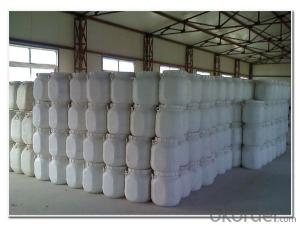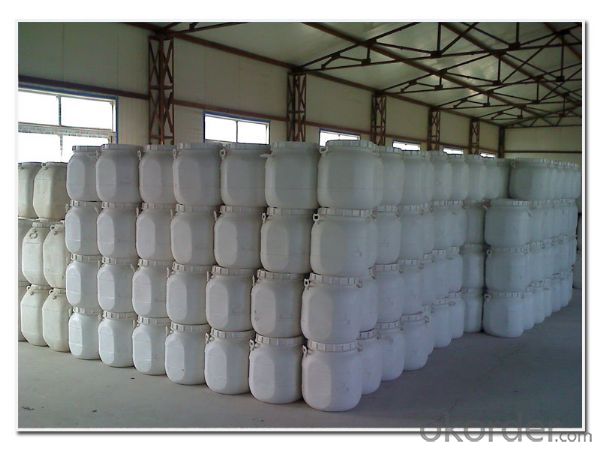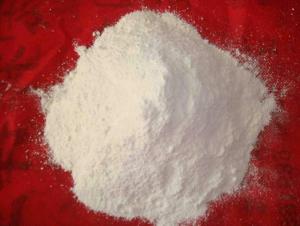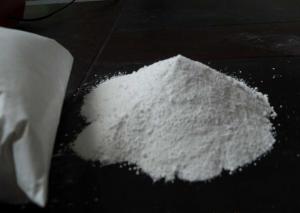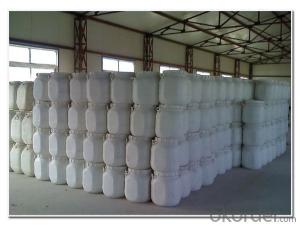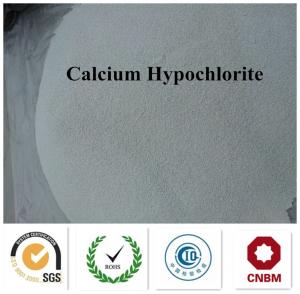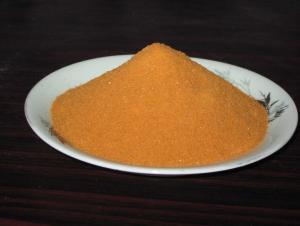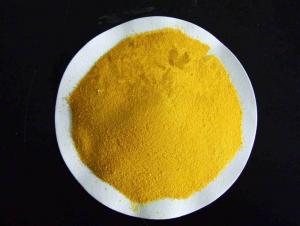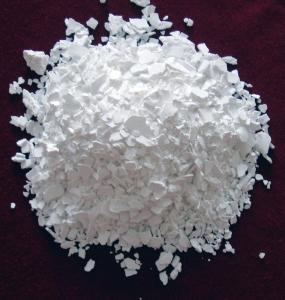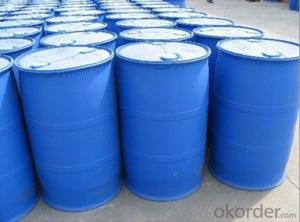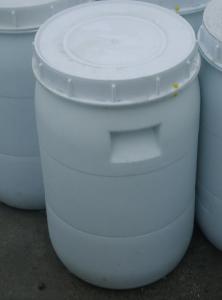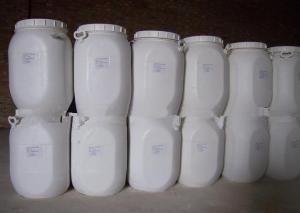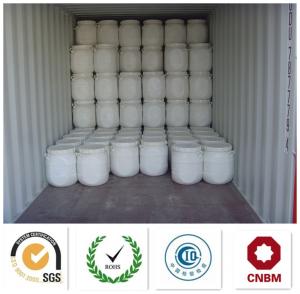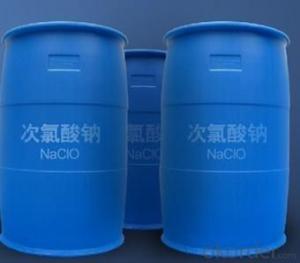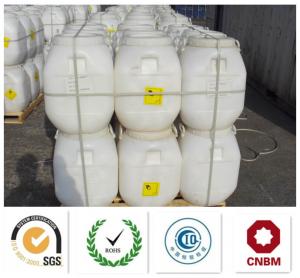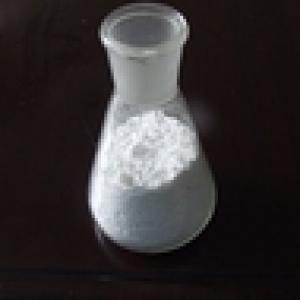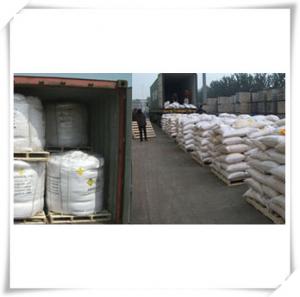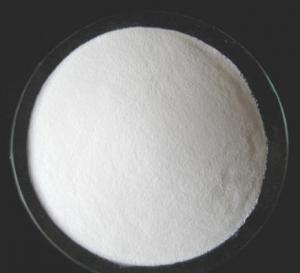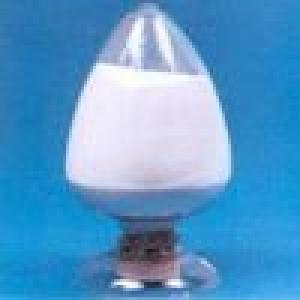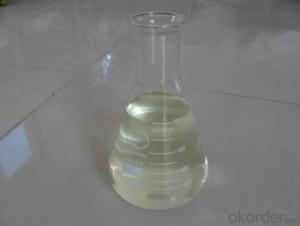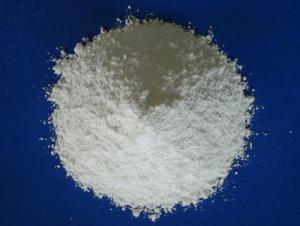Calcium Hypochlorite 70 Granular Sodium Process
- Loading Port:
- Tianjin
- Payment Terms:
- TT OR LC
- Min Order Qty:
- 25 m.t.
- Supply Capability:
- 2000 m.t./month
OKorder Service Pledge
OKorder Financial Service
You Might Also Like
Calcium Hypochlorite
Introduction:
CNBM GROUP is the biggest water Treatment Factory in China. Our Product include: Calcium Hypochlorite, TCCA, SDIC, PAC, Sodium Sulphite, Sodium Thiosulfate etc.
CNBM One year can produce 18,000MT Calcium Hypochlorite with two model, one is 65% and one is 70%. More important we have 3 advantages, Firstly: High effective chlorine content Secondly: Good stability. Can be stored a long time at normal temperature with little chlorine loss; Third:Good solubility, less water-insoluble matters.
Technical Specifications:
Calcium Hypochlorite 65%
Index Name | Top Grade | First Grade |
Chlorine Content ≥ | 65% | 60% |
Moisture ≤ | 3% | 3% |
Yearly Loss of Active Chlorine | 8% | 8% |
Calcium Chloride | 9% | 10% |
Color | White or Light-grey | ----- |
Shape | Power & Granular |
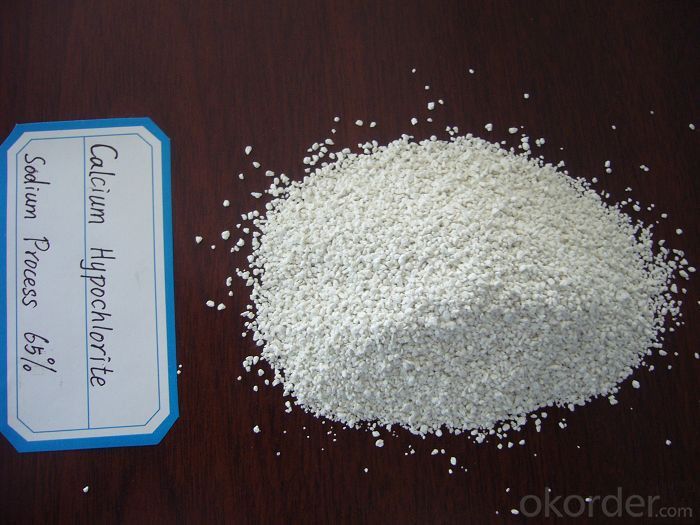
With bleaching and sterilizing functions,it can be used as disinfectant and algaecide in
A.potable water and swimming pools
B.for the sanitation and hygiene of families and public places,
C.Whiten cotton,hemp,fibre and starch
D.used as germicide in food indusrty
- Q: What is the difference between inorganic and inorganic salts?
- Humus: refers to the biological decomposition of the remaining rich in a large number of beneficial effects on the soil containing the material, but also the whole ecosystem has a direct positive effect.
- Q: How does inorganic salts maintain osmotic pressure and pH
- PH ~ inorganic salts of carbonates bicarbonate, hydrogen phosphate / dihydrogen phosphate, can help regulate the pH value of the internal environment, even if the external environment Zoumu changes, the environment will not change too fast, there will be a Buffer room
- Q: How much of the body's inorganic salts account for the weight of the body?
- The inorganic salts in the human body account for about 5%
- Q: Chemical formula The longest inorganic salt
- Basic copper carbonate Cu2 (OH) 2CO3
- Q: Definition of inorganic salts
- In addition to hydrogen, oxygen, nitrogen, carbon, sulfur, organic compounds other than organic compounds are collectively referred to as inorganic salts. The inorganic salts required by the human body, according to the content in the body, divided into essential elements (hydrogen, oxygen, nitrogen, , Magnesium, phosphorus, chlorine, potassium, sodium 11) in the human body content, the need for larger also known as macro elements of the source 2, the rest of the various elements, regardless of content, can be collectively referred to as inorganic salts. More elements such as iron, magnesium, potassium, sodium, phosphorus, sulfur, chlorine and other elements, other elements such as iron, copper, iodine, zinc, manganese, drilling, etc., due to the existence of a small number, and some even trace Known as trace elements, 3, what is the "inorganic salt", the body contains elements in addition to carbon, hydrogen, oxygen three elements mainly in the form of organic matter, the rest of the various elements are in the form of inorganic matter, collectively referred to as inorganic Salts such as calcium, magnesium, potassium, sodium, phosphorus, scratch, sulfur and the like
- Q: What is the difference between "organic salt" and "inorganic salt"? What is the difference between "organic salt" and "inorganic salt"?
- Inorganic salts are inorganic acids (hydrochloric acid, sulfuric acid, nitric acid) with alkali generated by the reaction of the salt is called inorganic salts. Inorganic salts are salts that do not contain carbon, and organic salts are carbon-containing but do not include carbonates.
- Q: is table salt organic or inorganic, why?
- if its found in nature its organic if its made by man its synthetic. table salt is found in the ocean so i guess it would be organic.
- Q: How to extract inorganic salts in soil?
- Find a piece of mud, with water, filter out the permeate, filter with filter paper. The liquid was placed in a beaker and dried to obtain white crystals
- Q: I need help with this
- The correct answer is enzymes. Enzymes are composed of carbon, nitrogen, oxygen and traces of other elements such as sulfur, but are produced in nature only by living things.
- Q: Does the apple contain inorganic salts and vitamins?
- Yes, the fruit is rich in these two nutrients, especially apples
Send your message to us
Calcium Hypochlorite 70 Granular Sodium Process
- Loading Port:
- Tianjin
- Payment Terms:
- TT OR LC
- Min Order Qty:
- 25 m.t.
- Supply Capability:
- 2000 m.t./month
OKorder Service Pledge
OKorder Financial Service
Similar products
Hot products
Hot Searches
Related keywords
